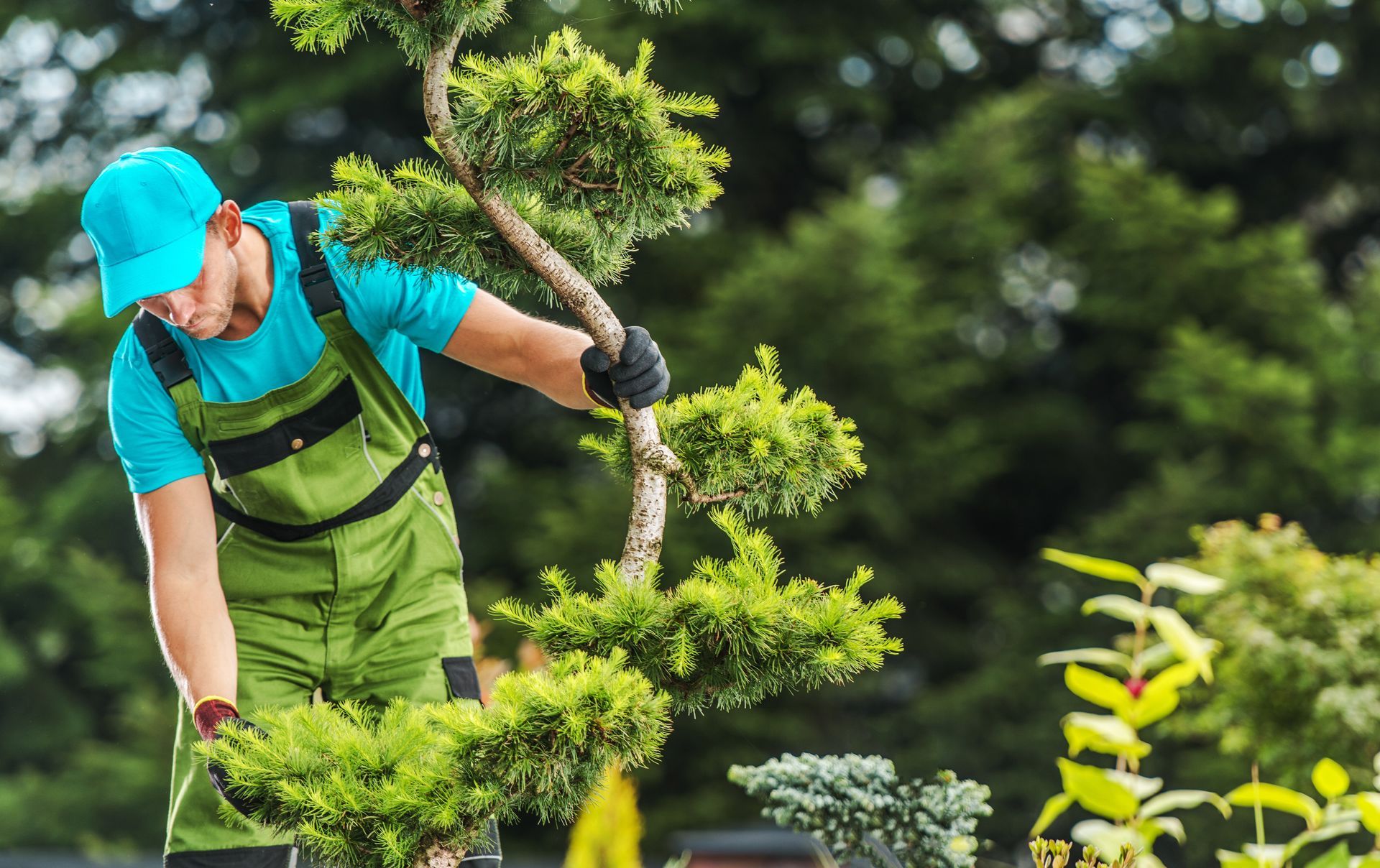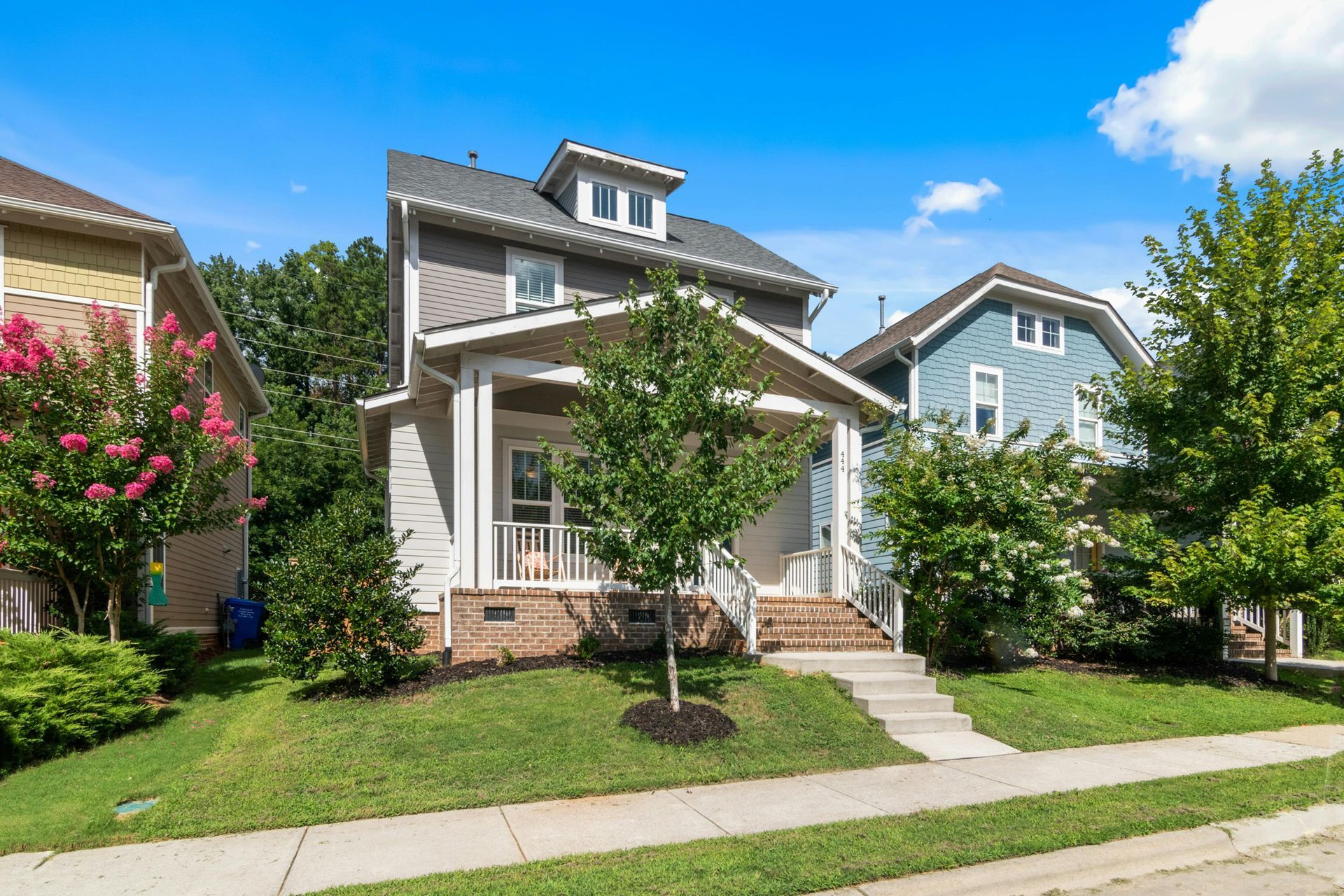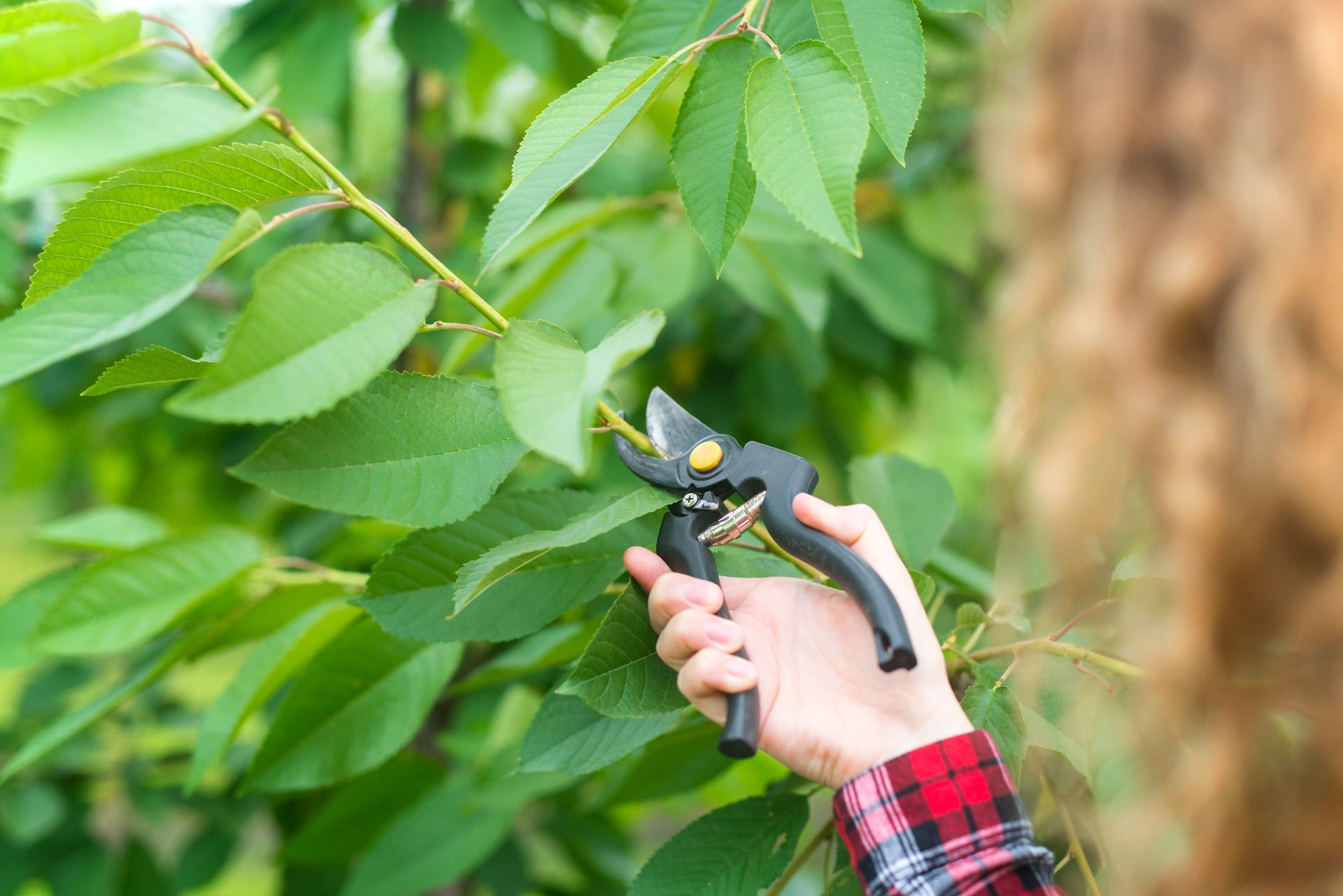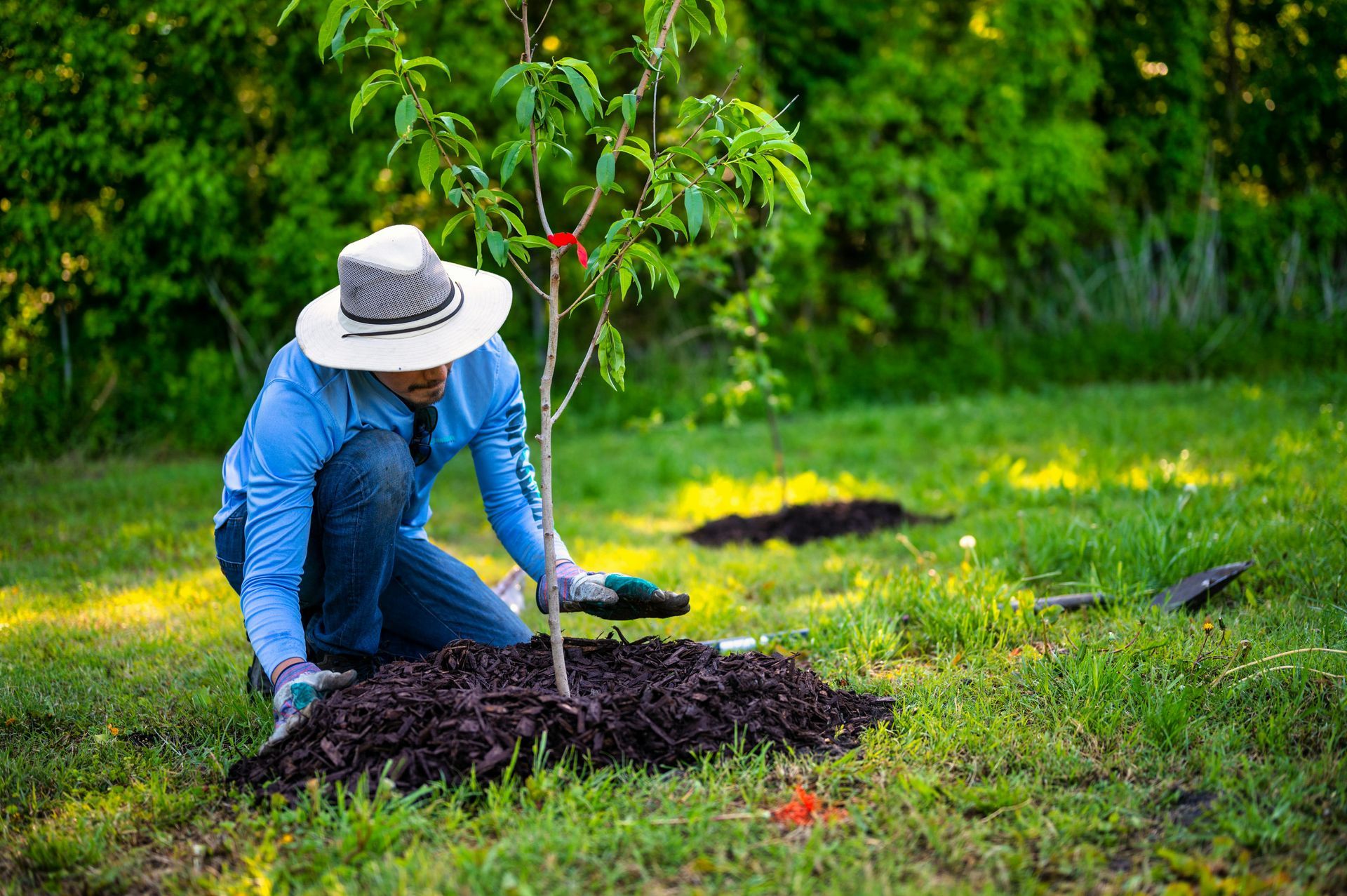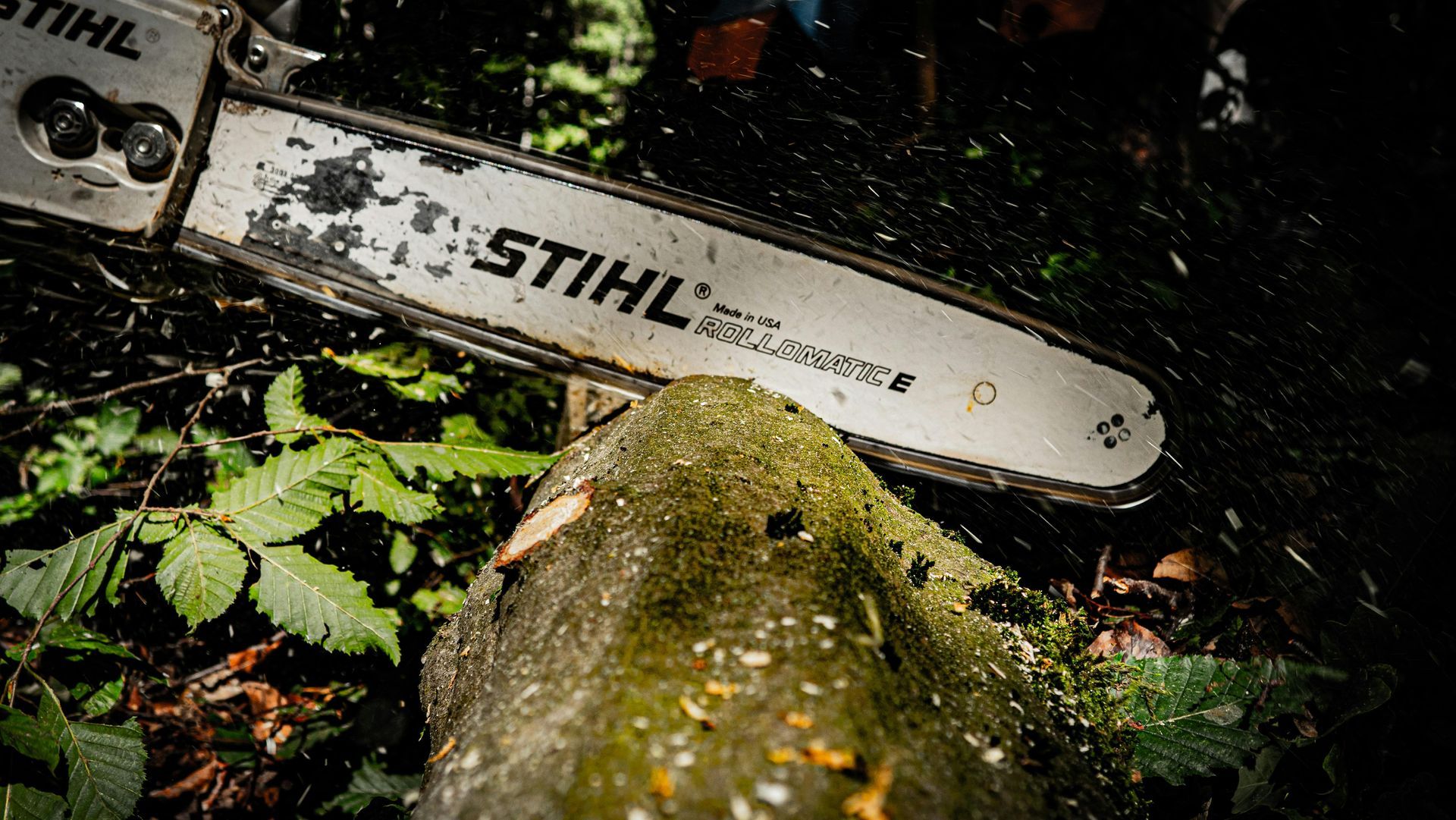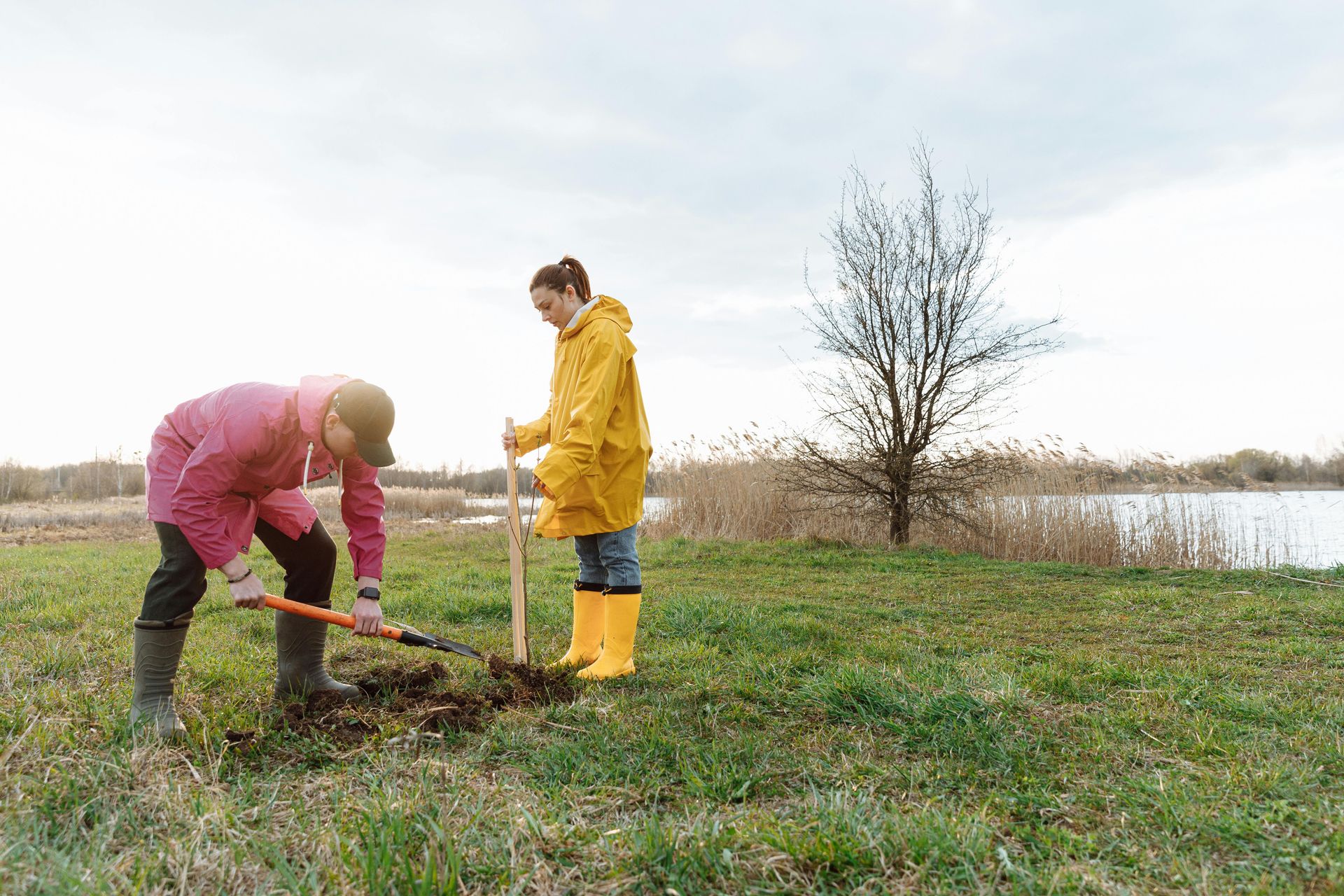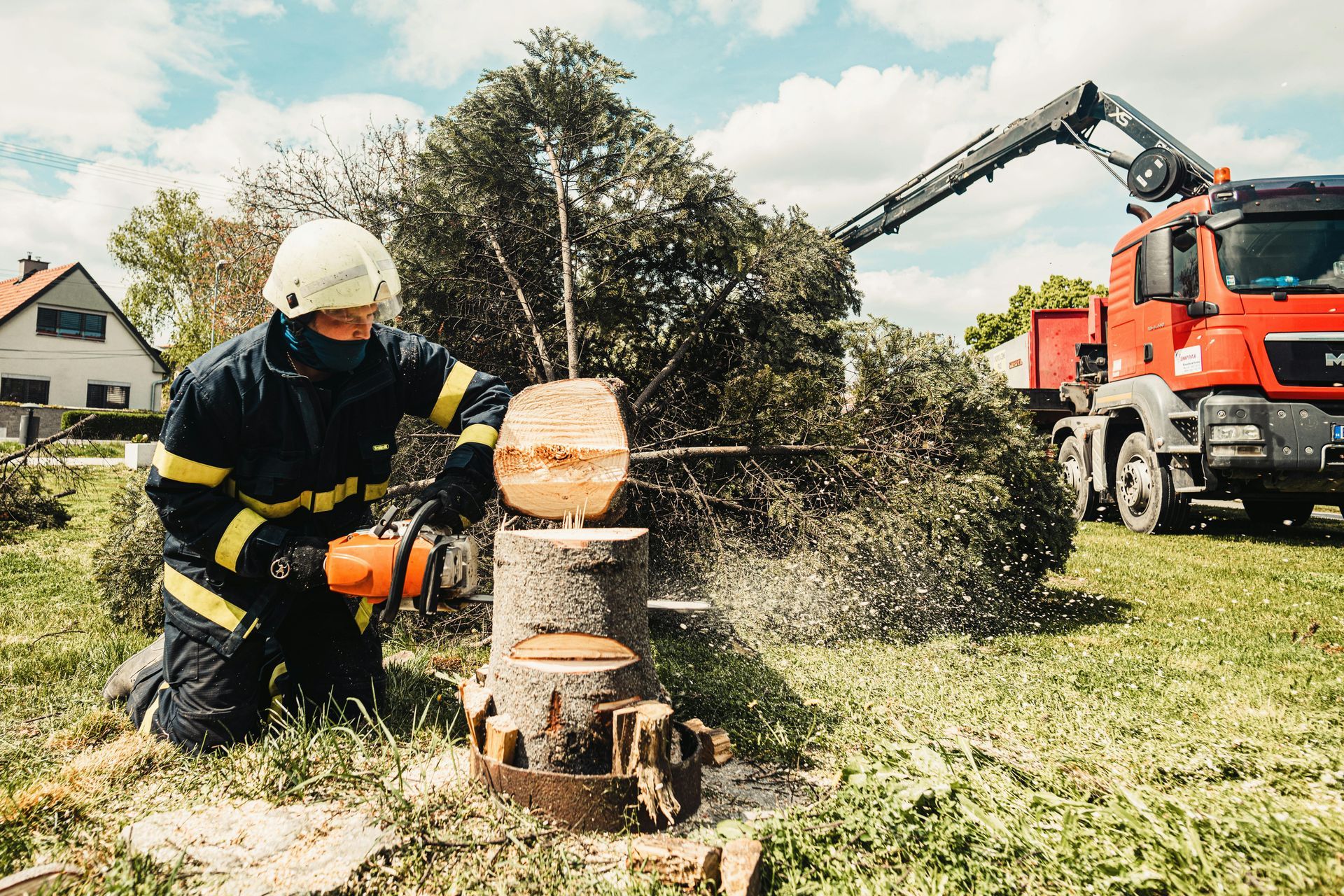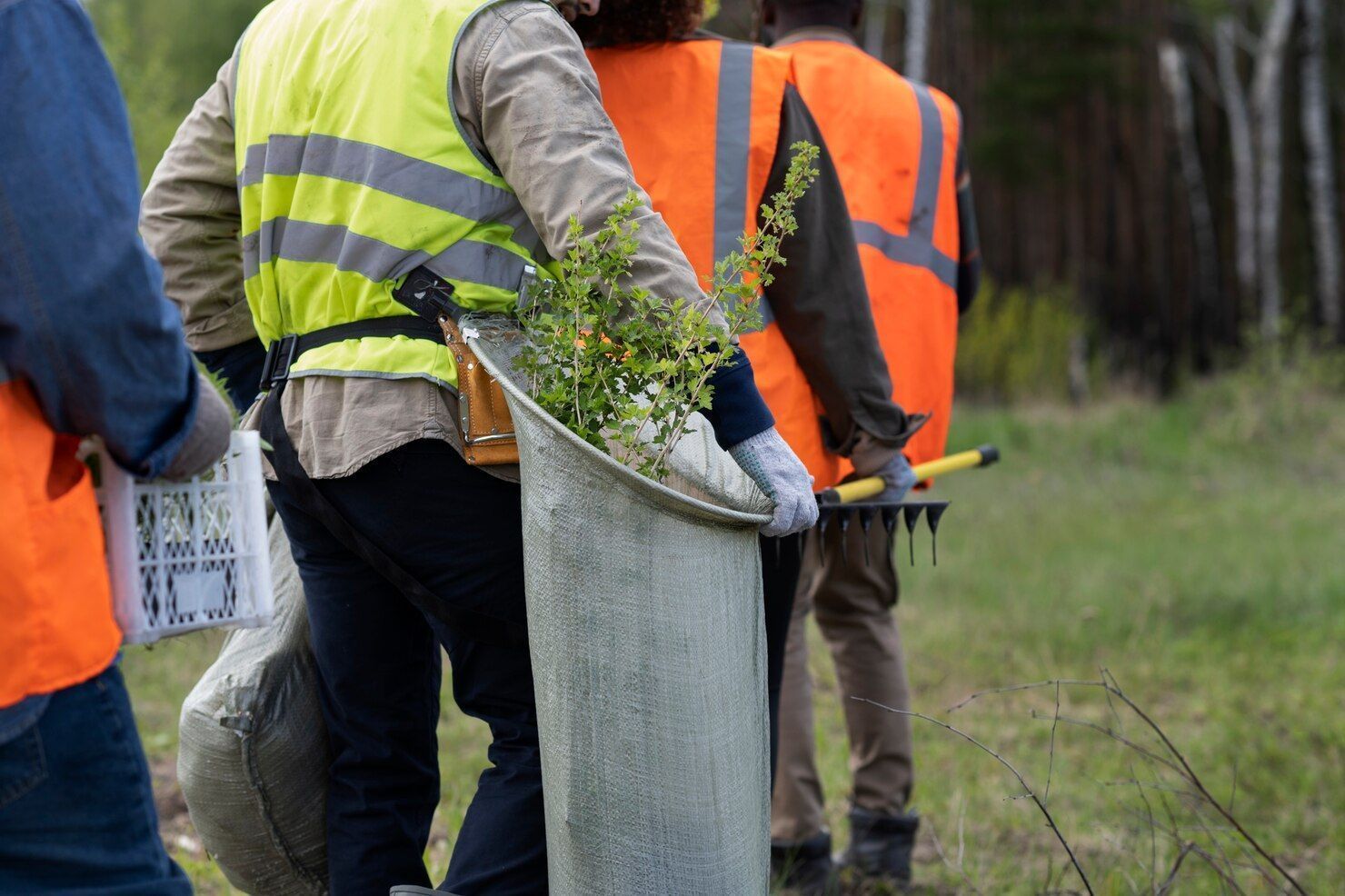Lamb Family Tree Care LLC
How to Choose the Right Fertilizer for Different Types of Trees
Fertilizing trees might seem like a straightforward task, but choosing the right type of
tree growth fertilizer can significantly impact the health and growth of your trees. Whether you’re a seasoned gardener or a novice tree enthusiast, understanding the specific nutritional needs of different tree species is crucial. At
Lamb Family Tree Care LLC, we’re here to guide you through the process. In this blog post, we’ll delve into the essential aspects of selecting the right fertilizer for your trees, ensuring they thrive year-round.
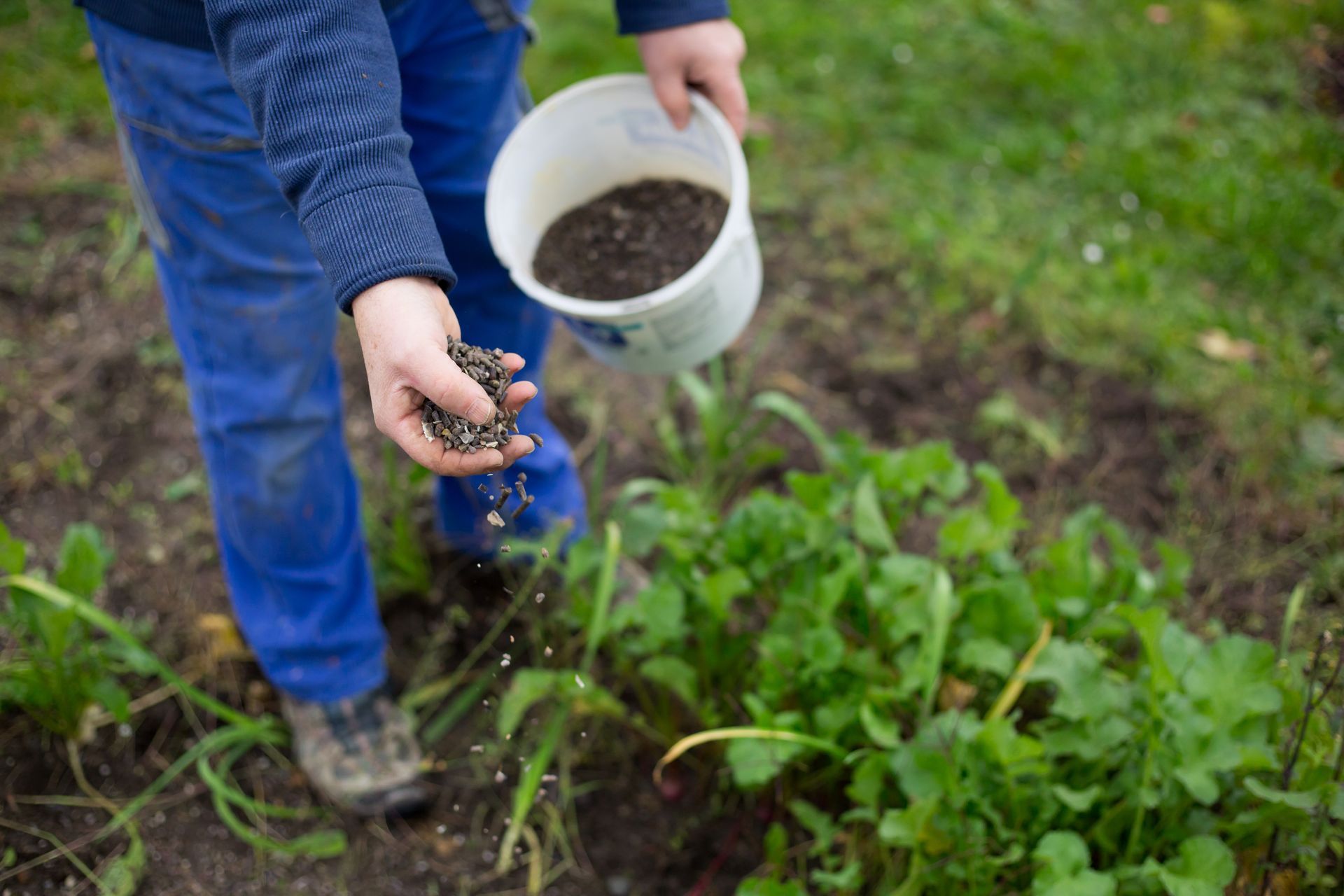
Understanding Tree Nutrient Needs
Different trees have varying nutrient requirements. Here’s a breakdown of the primary nutrients essential for tree health:
- Nitrogen (N): Promotes leafy growth and overall vigor.
- Phosphorus (P): Supports root development and flowering.
- Potassium (K): Enhances disease resistance and drought tolerance.
Choosing the Right Fertilizer for Deciduous Trees
Deciduous trees, such as maples, oaks, and birches, shed their leaves annually and have specific nutritional needs:
- Spring Application: Use a balanced fertilizer like 10-10-10 to promote early growth.
- Summer Application: Switch to a high-nitrogen fertilizer to support lush foliage.
- Fall Application: Use a low-nitrogen, high-phosphorus fertilizer to prepare for dormancy.
Fertilizing Evergreen Trees
Evergreen trees, such as pines, spruces, and firs, maintain their foliage year-round. They require a different fertilization approach:
- Spring Application: Apply a slow-release fertilizer with a higher nitrogen content (e.g., 12-6-6) to support new growth.
- Summer Application: Use a balanced fertilizer to maintain steady growth.
- Fall Application: Opt for a low-nitrogen fertilizer to reduce the risk of winter damage.
Special Considerations for Fruit Trees
Fruit trees, including apple, pear, and cherry trees, need specific nutrients to support fruit production:
- Early Spring: Apply a balanced fertilizer with micronutrients (e.g., 10-10-10 with added zinc and boron) to enhance fruit set.
- Post-Harvest: Use a high-phosphorus fertilizer to replenish nutrients and prepare for the next growing season.
Tips for Fertilizing Newly Planted Trees
Newly planted trees need extra care to establish strong roots:
- Initial Application: Use a root-stimulating fertilizer high in phosphorus (e.g., 5-10-5) at planting time.
- First Year: Apply a balanced, slow-release fertilizer mid-spring to support root and shoot growth.
How to Apply Tree Fertilizer
Proper application ensures that your trees absorb nutrients efficiently:
- Measure the Tree's Diameter: Determine the amount of fertilizer based on the tree’s trunk diameter at breast height (DBH).
- Distribute Evenly: Spread the fertilizer evenly under the tree’s drip line.
- Water Thoroughly:
Water the area well to help the fertilizer soak into the soil.
Common Mistakes to Avoid
Avoid these pitfalls to ensure effective fertilization:
- Over-fertilizing: Excessive fertilizer can damage roots and create imbalances.
- Incorrect Timing: Applying fertilizer at the wrong time can reduce its effectiveness.
- Wrong Fertilizer Type:
Using the wrong type of fertilizer can harm the tree or promote unwanted growth.
Conclusion
Choosing the right fertilizer for your trees is vital for their health and longevity. By understanding the specific needs of different tree types and following proper
tree fertilization practices, you can ensure your trees thrive. At Lamb Family Tree Care LLC, we’re dedicated to providing expert
tree care services and advice. For personalized guidance, call us at
(860) 752-0488.
Frequently Asked Questions (FAQs)
How often should I fertilize my trees?
Most trees benefit from annual fertilization in early spring, but specific needs can vary based on tree type and soil conditions.
Can I use the same fertilizer for all my trees?
It’s best to use different fertilizers tailored to the specific needs of deciduous, evergreen, and fruit trees for optimal results.
What signs indicate my tree needs fertilization?
Symptoms such as stunted growth, yellowing leaves, and poor fruit production can indicate nutrient deficiencies.
Is organic fertilizer better for trees?
Organic fertilizers can be beneficial, providing slow-release nutrients and improving soil health, but they might not always meet the immediate nutritional needs of certain trees.
Can over-fertilizing harm my trees?
Yes, over-fertilizing can cause root burn, nutrient imbalances, and increased susceptibility to pests and diseases.
At Lamb Family Tree Care LLC, we’re here to help you nurture your trees with the right care and expertise. Reach out to us at
(860) 752-0488 for more information and personalized tree care solutions.

